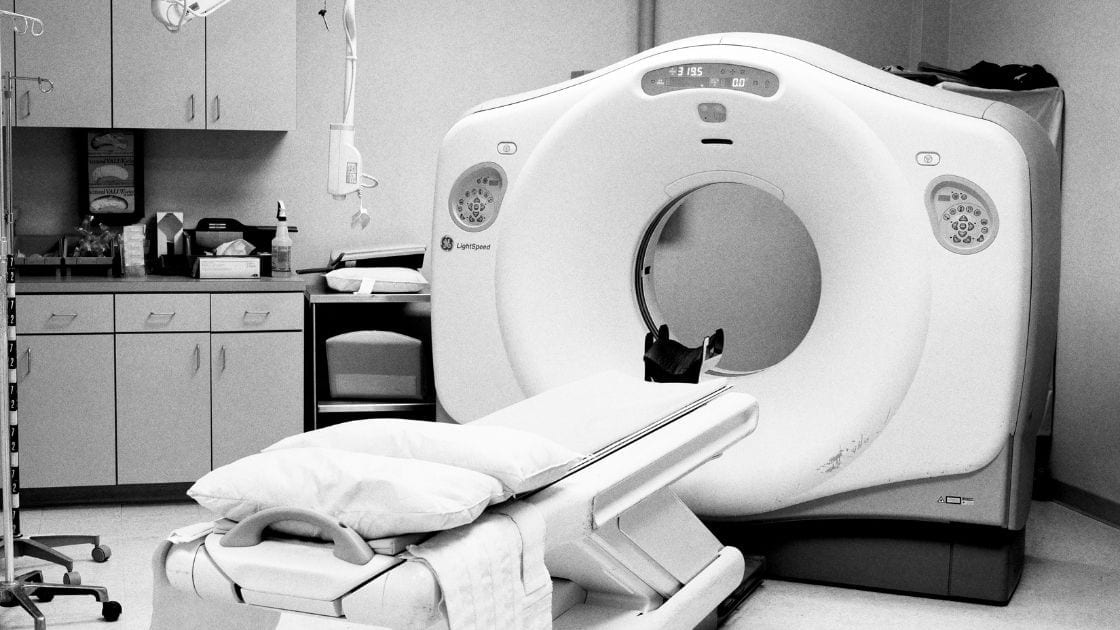Regardless of your treatment choices, cancer care is expensive. According to AARP, the average cost of cancer treatment is $150,000, and cancer patients are 2.5 times more likely to declare bankruptcy than their cancer-free peers. Many people with cancer must leave their jobs, travel for care and hirer carers, all of which add to the final cost.

Paying for all of this is no small burden, and many cancer patients must cobble together funds from a variety of sources. These are some of the most common ways people pay for cancer treatment:
Health Insurance
Health insurance covers many costs associated with cancer treatment. And thanks to the Affordable Care Act, you can’t be denied coverage or charged more if you apply for insurance after receiving a cancer diagnosis. Your insurer also can’t enforce lifetime or annual limits to your coverage.
Unfortunately, health insurance doesn’t cover everything. Policyholders must pay monthly premiums to maintain the policy, pay coinsurance or copayments for medical care, and meet their deductible before coverage begins. Some insurance policies don’t cover prescriptions, leaving cancer patients on the hook for a bill that averages more than $15,000 a month.
There’s also the issue of insurers denying claims for medical coverage. Know that you can appeal denied insurance claims. Know the terms of your insurance policy; keep records of all your treatments; always go to in-network doctors, and review bills before paying. If an insurer isn’t paying, find out why. Sometimes, it’s a resolvable issue like a medical billing error.
Medicaid
Low-income individuals can receive health insurance through Medicaid. Medicaid programs are administered at the state level. You can find out if you qualify through Healthcare.gov or your state’s health and human services office.
Medicare
Medicare covers adults 65 and older. Generally, Medicare Part A covers inpatient cancer treatment while Part B covers outpatient cancer treatment. Medicare Advantage plans offer the same coverage as Part A and Part B combined, with some supplemental benefits such as prescription and dental coverage (cancer treatment can wreak havoc on oral health, so this is important).
HSAs And FSAs
If you’ve put money into a Health Savings Account (HSA) or Flexible Spending Account (FSA), you can withdraw those funds to pay for cancer care. FSA funds expire at the end of each year, so use those first. HSA funds roll over from year to year, even if you switch health plans.
Financial Assistance
There are many organizations designed to help cancer patients, some of which offer financial assistance to defray treatment-related costs. You can find a list of several assistance programs here. You should also ask your hospital for help. Most hospitals have financial counselors to help people with these very issues. Many will be willing to work something out with you, whether that’s a payment plan, reduced bill or free to lost-cost services using Hill-Burton funds.
Personal Loans And Assets
When other options have been exhausted and there’s no money to pay out of pocket, it’s time to look at personal assets. Patients with good credit may be able to get unsecured personal loans, which don’t require collateral. Secured personal loans and home equity lines of credit are also options, but you risk losing your home. You could also tap into retirement accounts, borrow against or sell a life insurance policy, or apply for a reverse mortgage (if 62 or older). These are all big financial decisions, so talk to a financial advisor before taking action.
If you find yourself unable to pay for needed treatments, ask friends, family and community members for financial assistance. As hard as it is to ask for help — especially financial help — most loved ones are eager to help and just waiting for a way to do so. And when it’s your health on the line, it’s worth exploring every option.
Image via Unsplash




